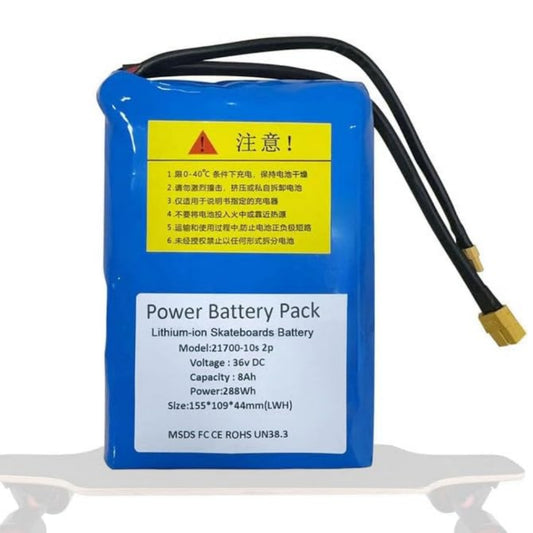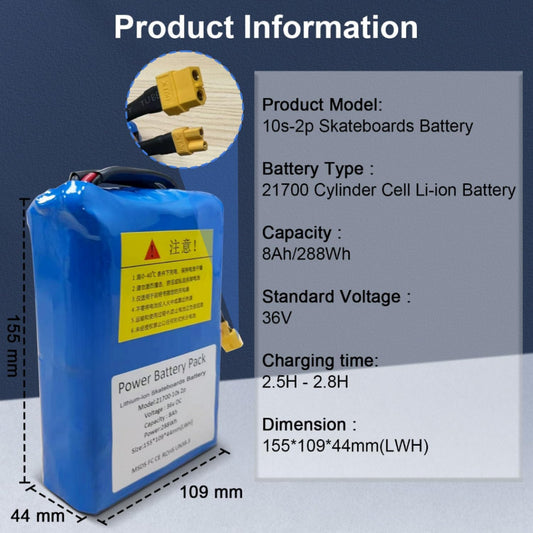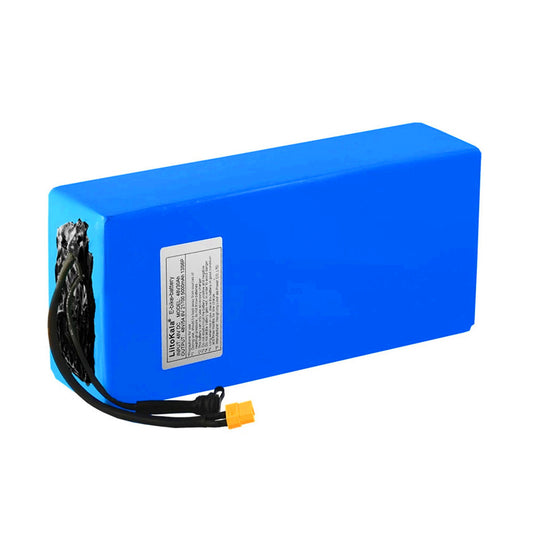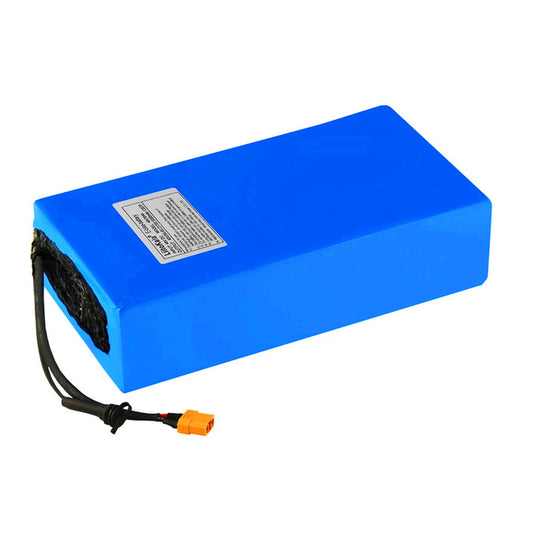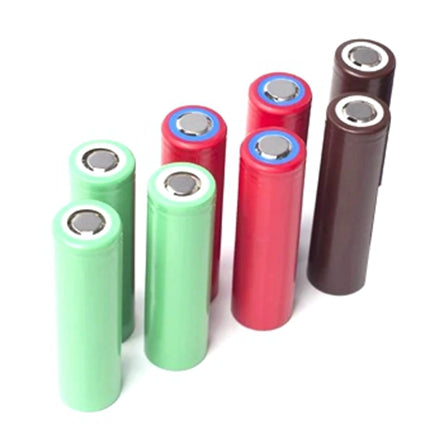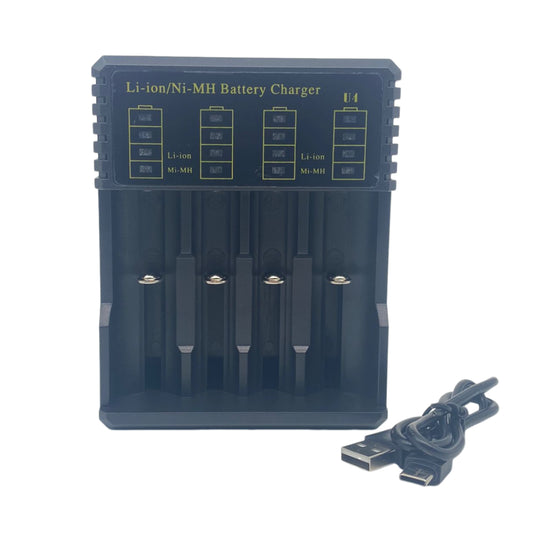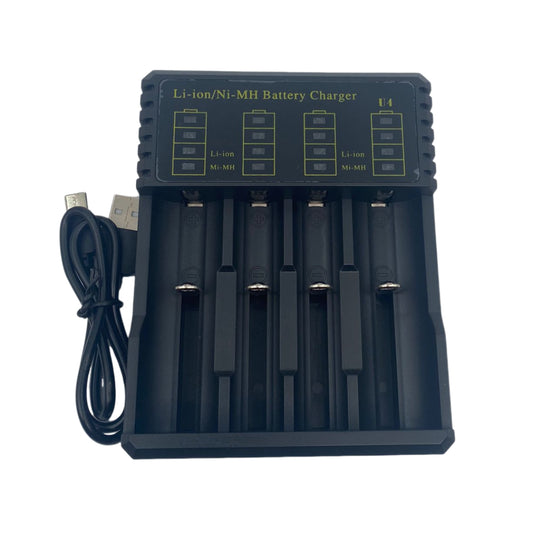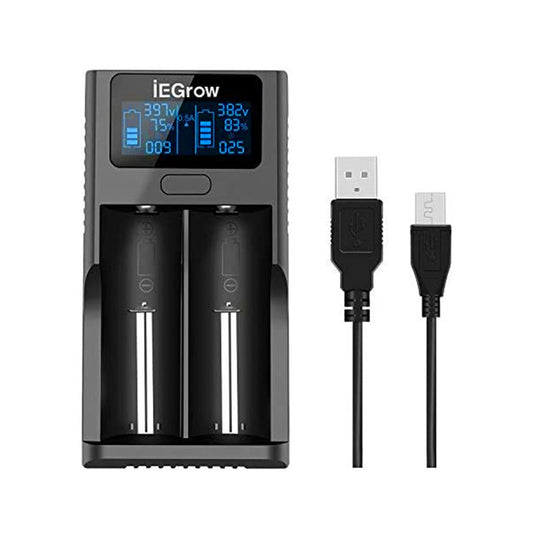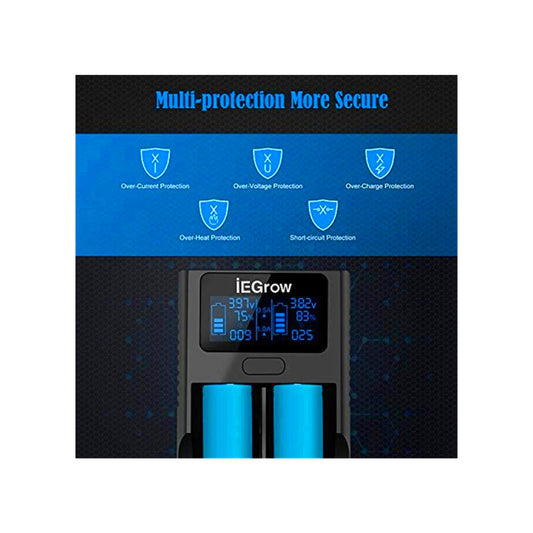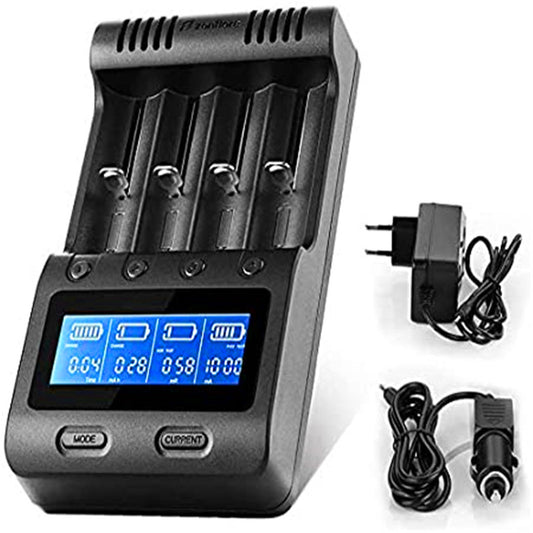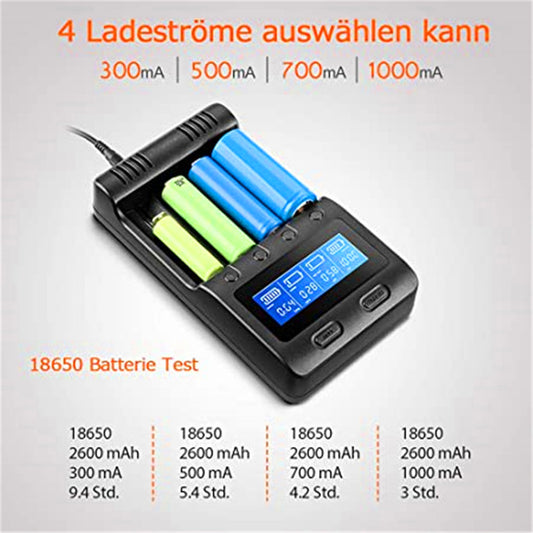When you’re out on the open road, the last thing you want is an unexpected dead battery. Your RV’s house battery is the heart of your electrical system, powering everything from lights to appliances. But how long can you really depend on it? In this post, we’ll dive into the different types of RV batteries, what impacts their longevity, and how you can make the most out of your battery investment.
Types of RV House Batteries and Their Average Lifespans
When it comes to RV batteries, not all are created equal. Here’s a breakdown of the most common RV battery types, including their average lifespans:
Flooded Lead-Acid Batteries
These are the most traditional and budget-friendly RV battery options. While effective, they do require regular maintenance, such as adding distilled water. With proper care, flooded lead-acid batteries can last between 3 to 5 years. However, their vulnerability to spills and their heavier weight make them a bit cumbersome for some RV enthusiasts.
AGM Batteries (Absorbed Glass Mat)
AGM batteries are a type of sealed lead-acid battery that uses a glass mat to absorb the electrolyte, making them spill-proof and much easier to maintain. They generally have a lifespan of about 5 to 7 years and handle colder temperatures better than flooded lead-acid batteries. AGM batteries are a popular choice for RVers looking for a mid-range option that balances cost, durability, and reduced maintenance.
Gel Batteries
Gel batteries, another variant of sealed lead-acid batteries, use a gel-like electrolyte, which makes them highly durable and capable of handling extreme temperatures. They require minimal maintenance and typically last between 4 to 6 years. However, they can be sensitive to overcharging, so it’s essential to use a compatible charger to prevent damage.
Lithium-Ion (LiFePO4) Batteries
Lithium Iron Phosphate (LiFePO4) batteries are renowned for their impressive longevity and performance. These batteries can last anywhere from 10 to 15 years, providing significantly more cycles than traditional lead-acid options. They are also lighter, more energy-dense, and can handle deeper discharges, making them ideal for frequent travelers who rely heavily on their RV's electrical system. While they do come with a higher price tag, their extended lifespan and low maintenance needs can make them a worthwhile investment.

Factors That Affect RV Battery Life
The lifespan of your RV battery isn’t just about the type you choose; it’s also influenced by several factors that affect how well your battery performs over time. Understanding these factors can help you maximize the life of your battery and avoid premature replacements.
Depth of Discharge
The depth of discharge (DoD) refers to how much of your battery's capacity is used before recharging. Most lead-acid batteries, for example, should not be discharged below 50% regularly, as this reduces their lifespan. In contrast, lithium-ion batteries like LiFePO4 can handle much deeper discharges, often down to 80% or more, without compromising longevity.
Temperature
Extreme temperatures, both hot and cold, can significantly impact battery performance. High heat accelerates the chemical reactions within the battery, which can cause it to degrade faster. Cold weather, on the other hand, reduces the battery’s ability to hold a charge. AGM and lithium-ion batteries are generally more resilient to temperature changes, while traditional flooded lead-acid batteries can suffer quicker degradation in extreme conditions.
Charging Practices
Overcharging, undercharging, and using an improper charger can all lead to battery damage. Flooded lead-acid and gel batteries are particularly sensitive to overcharging, which can cause them to overheat or even fail. Investing in a high-quality charger and ensuring your battery receives a full charge regularly will help extend its life. Lithium-ion batteries, such as LiFePO4, have built-in battery management systems (BMS) that protect them from overcharging.
Maintenance Habits
Proper maintenance is crucial, especially for lead-acid batteries. Regularly checking electrolyte levels, cleaning terminals, and inspecting for any signs of corrosion can keep your battery in peak condition. AGM and lithium batteries require far less maintenance, making them a convenient option if you prefer minimal upkeep. However, even with these batteries, it’s essential to keep connections clean and periodically check for any visible wear.
Usage Frequency
How often you use your RV also affects battery life. Batteries in RVs used year-round tend to stay in better condition, as they undergo regular cycling. In contrast, if your RV sits unused for long periods, the battery may self-discharge, especially if not stored properly. Lead-acid batteries, in particular, can suffer sulfation from prolonged inactivity, which reduces their capacity over time.

Tips on How to Extend Your RV Battery Life
Extending the life of your RV battery isn’t just about having the right type of battery; it’s also about how you care for it.
Avoid Deep Discharges
If you’re using lead-acid batteries, try not to discharge them below 50% of their capacity. Regularly draining a battery too low can shorten its lifespan. Lithium batteries, like LiFePO4, are more forgiving and can handle deeper discharges, but keeping them between 20% and 80% charged is generally ideal for long-term health.
Invest in a Quality Charger
Using a high-quality, smart charger that matches your battery type is one of the best ways to ensure consistent and safe charging. Smart chargers prevent overcharging and automatically adjust to the needs of your battery. Lithium batteries typically come with built-in Battery Management Systems (BMS) that protect against overcharging, making them a low-maintenance option.
Practice Regular Maintenance
For flooded lead-acid batteries, check the electrolyte levels every few weeks and top off with distilled water as needed. Keep battery terminals clean and free of corrosion by scrubbing them with a mixture of baking soda and water, then rinsing and drying thoroughly. Even if you have AGM or lithium batteries, a quick inspection every few months will help identify any loose connections or buildup.
Use Solar Panels for Charging
Solar panels can provide a steady, trickle charge, which is gentler on your battery than frequent deep discharges and recharges. Solar charging is especially helpful during long trips or when your RV is in storage, as it helps maintain a healthy charge level. Plus, it’s an eco-friendly way to extend battery life without relying on hookups or generators. Similar practices can be applied for other battery types, such as an e-bike 48v battery, to ensure they remain charged and ready to use.”
Store Properly During Off-Seasons
If your RV will be inactive for a long period, disconnect the battery and store it in a cool, dry place. Lithium batteries are better suited for long-term storage, but if you have lead-acid batteries, consider using a maintenance charger to keep them at an optimal charge level. Avoid freezing temperatures and direct sunlight, as these can degrade your battery more quickly.
Monitor Voltage Regularly
Monitoring voltage helps prolong your battery’s life, with ideal ranges varying by type:
-
Flooded Lead-Acid: Fully charged at 12.6–12.8V; recharge around 12.0V (50%).
-
AGM: Full at 12.8–13.0V; recharge near 12.2V.
-
Gel: Similar to AGM, with 12.8–13.0V full and 12.1V indicating 50%.
-
Lithium (LiFePO4): Typically full at 13.4–13.6V; safe down to 11.0V but ideally kept between 12.0–13.6V.
Signs It’s Time to Replace Your RV Battery
Even with the best care, all batteries eventually need replacing. Here are some key indicators that it’s time to consider a replacement:
Consistently Low Voltage
If your battery no longer holds a full charge and the voltage drops quickly during use, it’s likely nearing the end of its life. For example, if a lead-acid battery struggles to stay above 12.0 volts or a lithium battery frequently dips below 12.8 volts, replacement may be due.
Reduced Capacity
When you notice your battery isn’t powering your appliances as long as it used to, that’s a sign of diminished capacity. If your battery needs recharging more often, even under the same usage conditions, it’s losing its ability to hold a charge effectively. This is common with aging batteries, such as a li-ion battery 18650, and can indicate it’s time to consider a replacement.”
Visible Damage or Leaks
Physical signs like bulging, cracks, or leaking acid (for lead-acid batteries) are strong indicators that the battery is no longer safe to use. These issues can result from overcharging or extreme temperatures, and they compromise both performance and safety.
Slow Charging Times
If it takes significantly longer for your battery to reach a full charge, this can indicate internal wear and degradation. Slow charging often points to sulfation in lead-acid batteries or aging cells in lithium batteries, both of which signal the battery is nearing the end of its life.
Unusual Smells or Sounds
Any strange sulfuric or rotten egg smells (common with lead-acid batteries) or unusual sounds while charging indicate potential internal damage. These are not only signs of a failing battery but also potential safety hazards, so replacement is recommended.
Conclusion
With proper care and timely replacement, your RV battery can provide dependable power for all your travels. Investing in a high-quality battery not only extends your time on the road but also ensures a smoother, worry-free experience. For reliable performance, consider upgrading to durable RV LiFePO4 batteries, versatile 18650 batteries, and high-capacity E-bike lithium batteries for sale from BatteryInt—designed to keep you powered wherever your journey takes you.
FAQs
Can I use solar panels to extend the lifespan of my RV battery?
Yes, solar panels provide a gentle, consistent charge that helps prevent deep discharges, which is beneficial for extending your battery's lifespan. They’re especially useful for keeping your battery topped off during storage or long trips.
Do different climates affect how long my RV battery lasts?
Absolutely. High temperatures can accelerate wear, while cold weather reduces battery efficiency. Lithium batteries are more resilient to temperature extremes, but any battery benefits from being stored in moderate conditions whenever possible.
Read More:
NiMH vs Lithium-Ion Batteries: Comprehensive Comparison and Guide
Lithium vs Alkaline Batteries: What’s Right for You?
6 Practical Ebike Battery Charging Tips for Prolonging Your E-bike Battery Lifeike Battery Life


